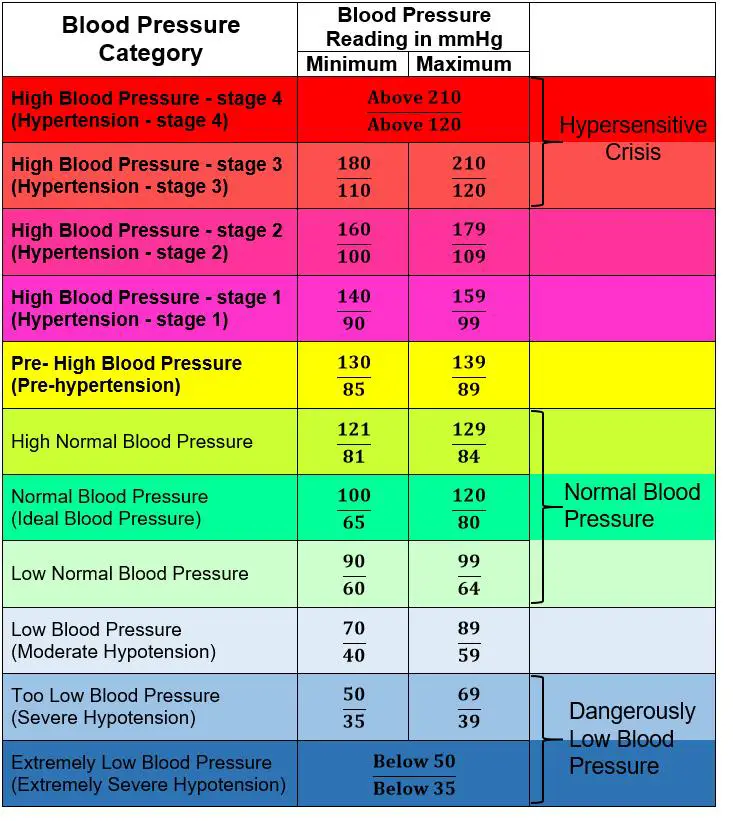
This is why it’s important to see your doctor and have your blood pressure checked regularly, especially if you have one or more of the known risk factors.Ī few people with very high blood pressure may experience headache, dizziness or the sudden effects of diseases of the arteries such as chest pain or stroke.ĪRE YOU AT RISK? - Are you at risk of type 2 diabetes, heart disease or kidney disease? Use our Risk Checker to find out. Most people with high blood pressure have no symptoms, and may feel quite well.

Your doctor may confirm this using a 24-hour blood pressure measurement or getting you to measure your blood pressure at home. Generally, if a person has a blood pressure reading greater than 140/90 mmHg taken at least 3 times at the same clinic, they have high blood pressure. Most doctors would say that a healthy blood pressure is higher than 90/60 mmHg but lower than about 140/90. Your blood pressure varies from day to day, even moment to moment. Blood pressure is measured in ‘mmHg’, which refers to millimetres of mercury.

It is given as 2 figures - highest over lowest or systolic over diastolic.

Your blood pressure is a measurement taken of the highest reading (systolic) and the lowest reading (diastolic).


 0 kommentar(er)
0 kommentar(er)
